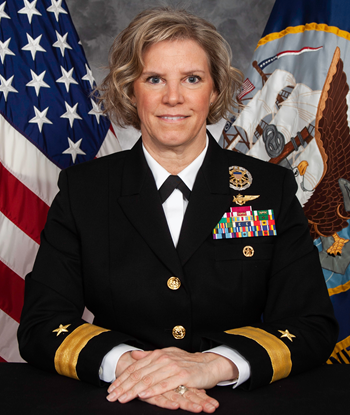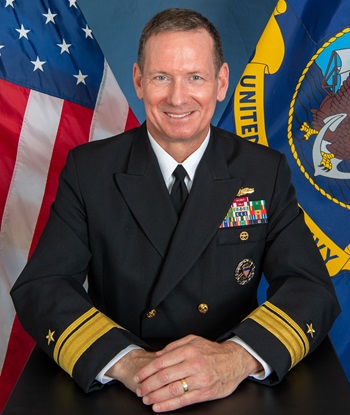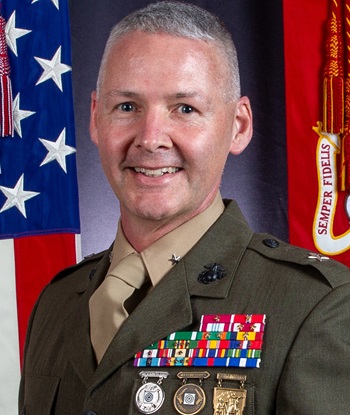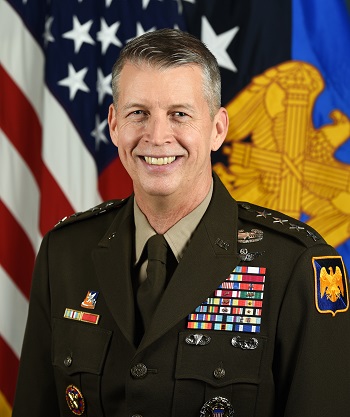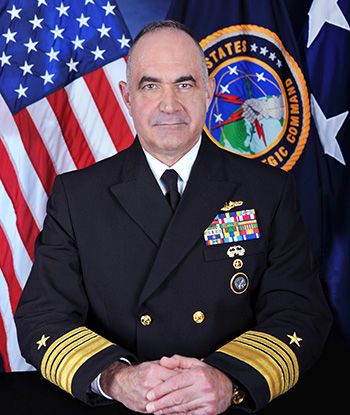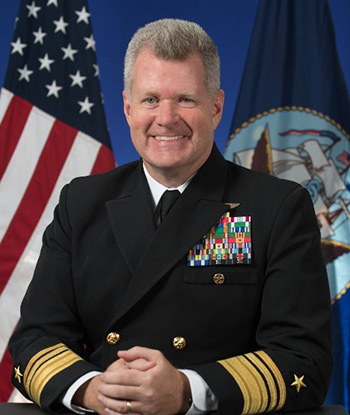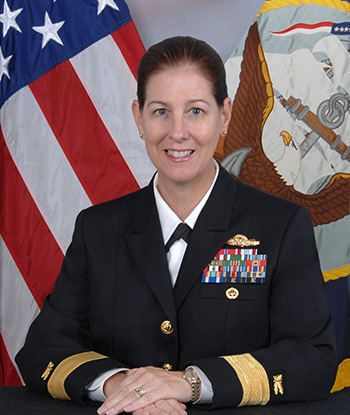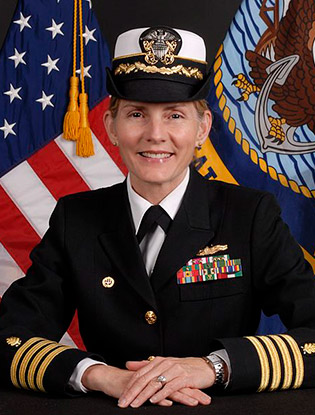Maritime Security & Governance Staff Course
The Maritime Security and Governance Staff Course (MSGSC) is a condensed unclassified five-month alternative to other year-long military staff courses. Tailored to rising international maritime leaders, MSGSC focuses on complex strategic and operational maritime challenges such as piracy, trafficking and smuggling, maritime migrant interdiction, IUU fishing, and terrorism at sea. MSGSC is a critical investment for global security, making America—and its partners—Safer, Stronger, and More Prosperous at Sea.
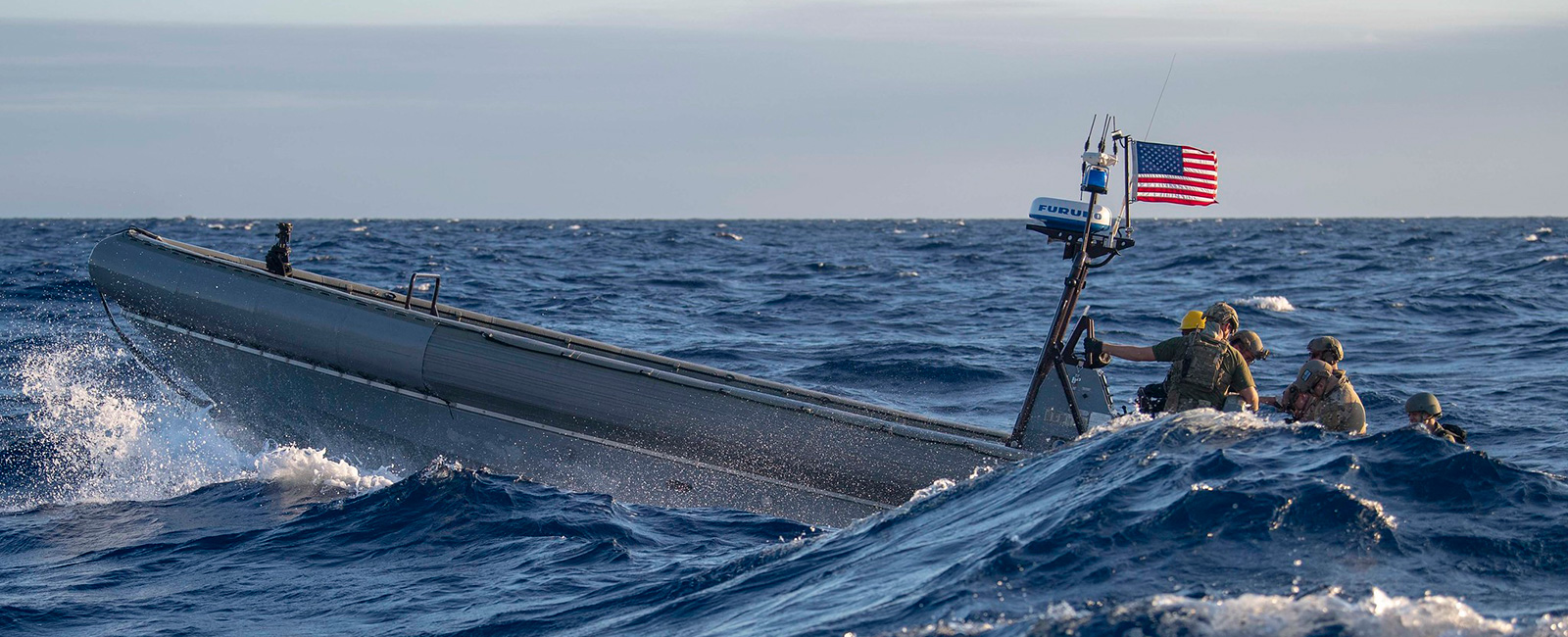
General Information
Eligibility
This course is designed for mid-grade officers from international navies, coast guards, and other armed services or law enforcement agencies with significant maritime missions. Most students hold the rank of O3-O5 or NATO OF2-OF4, though officers above or below this band are considered on a case-by-case basis. Students must obtain a minimum score of 80 on the English Comprehension Level test.Location & Duration
Starting in late September, the five-month curriculum is taught at the U.S. Naval War College (NWC) in Newport, Rhode Island.Learning Format
The course is conducted in a seminar format with substantive presentations by leading international experts, augmented by team planning exercises, tabletop discussions, case studies, and on-site visits.Outcome
Graduates receive staff course credit and the same diploma awarded to most international graduates of the 10-month Naval Staff College (NSC) and Naval Command College (NCC). Students of the course examine the criticality of international and domestic legal and policy requirements as well as effective regional, bilateral, and intra-government collaboration in achieving their maritime security and governance goals.Program Structure
General Program Overview
Orientation for New Students
RequiredCourse Introduction
RequiredExamination of Cross-Cutting Substantive Topics
RequiredExamination of Maritime Security Missions
RequiredField Studies Programs & Curriculum Field Trips
RequiredAdditional Opportunities
OptionalCore Curriculum Focus Areas
Module I – Foundations Phase
Required | Core CourseModule 2 – Applications Phase
Required | Core CourseModule 3 – Capstone Phase
Required | Core CourseIncoming Students
More Information
Taught at the Naval War College—where naval theorists Hughes, Mahan, and Sims once taught—the Maritime Security and Governance Staff Course prepares international leaders to understand, build, and strengthen security at sea with a unique focus on strategic and operational aspects of shared maritime challenges—including piracy, trafficking and smuggling, maritime migrant interdiction, IUU fishing, and terrorism at sea.
Robust Academics and Social Programs
International Programs at NWC directly support the development of robust global maritime partnerships. Students get the opportunity to study strategy, warfare, decision-making, operational art, and more. Each officer is greatly influenced by what they see and learn in the United States while forming strong and lasting bonds with their U.S. and international classmates.


